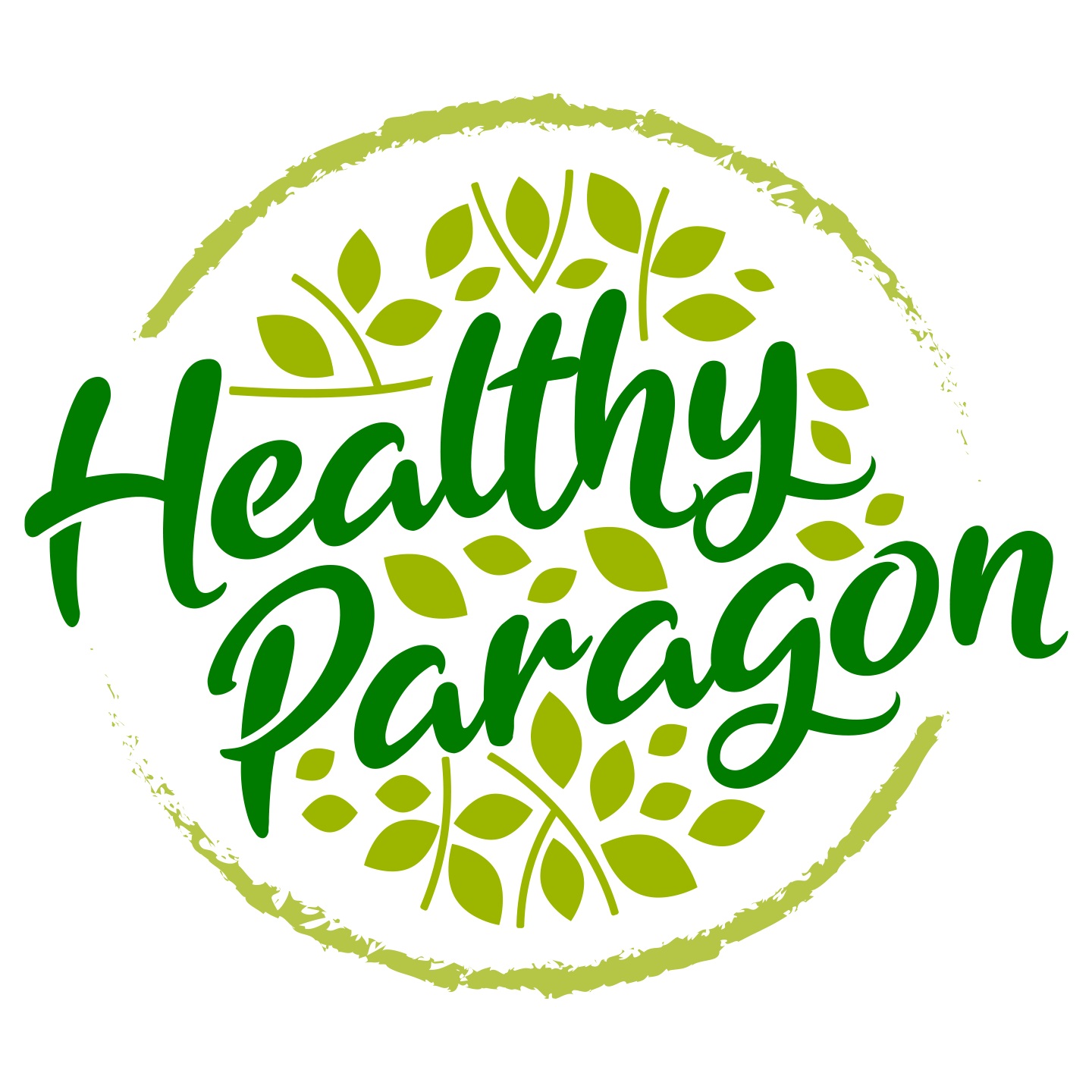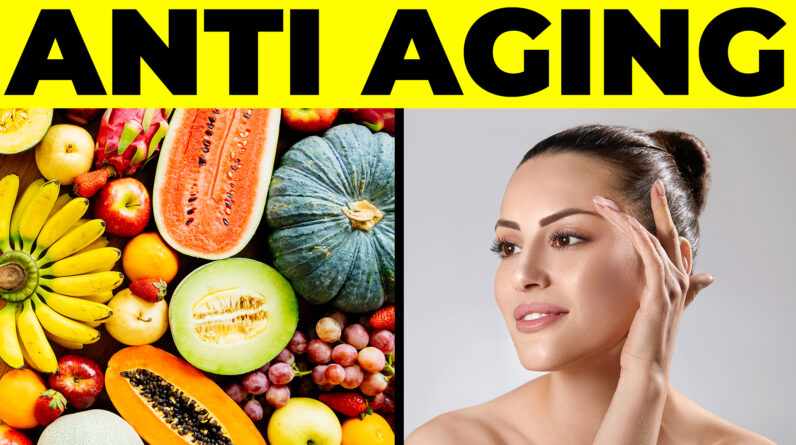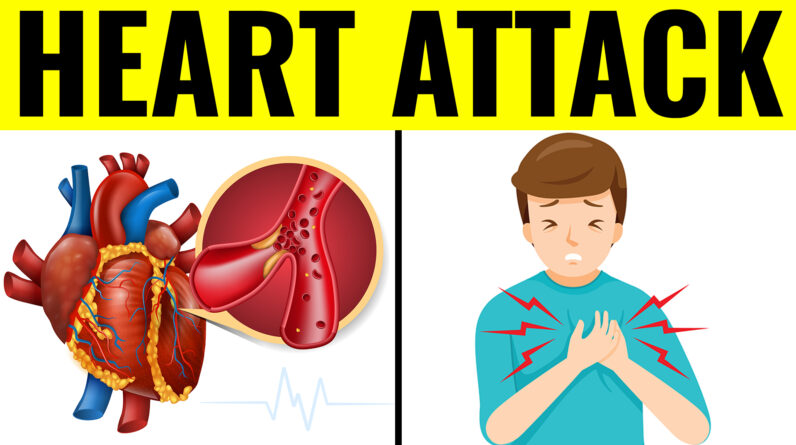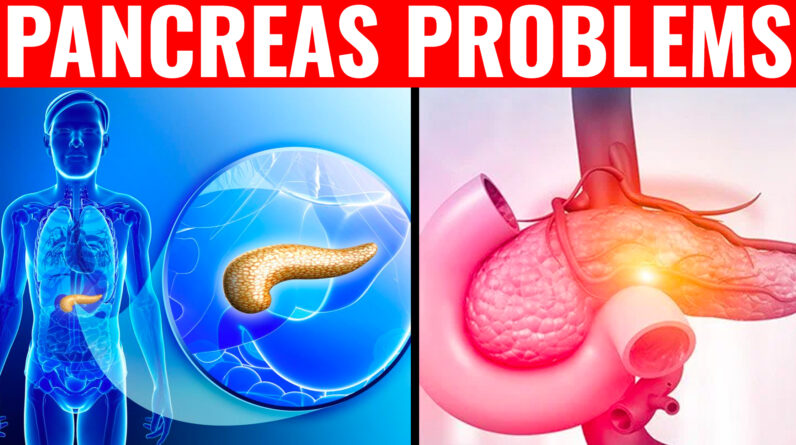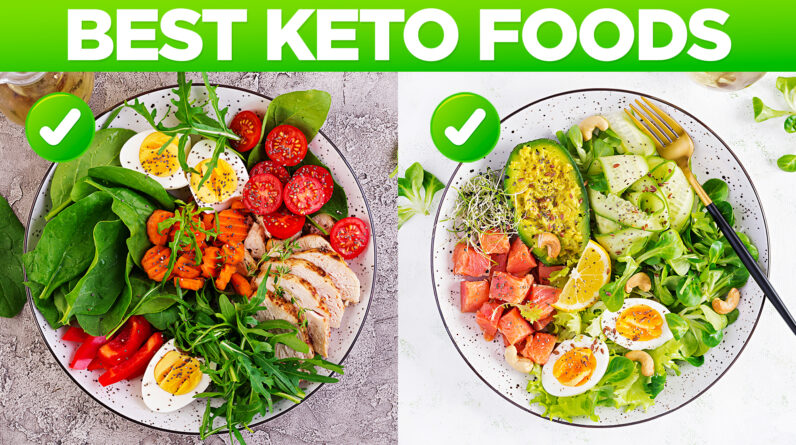
There’s no denying that the ketogenic diet is an immensely popular nutrition trend, but more importantly, it comes with a ton of health benefits. The high-fat, low-carbohydrate diet aids weight loss and blood glucose management while improving metabolic rate. As per recent studies, it can also be beneficial for diabetes type 2, Alzheimer’s and heart disease. While committing to such a diet may seem challenging, it can include a variety of versatile, nutritious and tasty foods that allow you to remain within your daily carb range. Here are the top ten foods for Keto diet.
1. Cruciferous vegetables.
While all low-carb vegetables are loaded with vitamins and minerals, cruciferous veggies like cauliflower, broccoli, cabbage and Brussels sprouts are even better suited for Keto lifestyle since they qualify as great substitutes for higher-carb foods. Cruciferous vegetables are even healthier due to the presence of a phytochemical called Sulforaphane which neutralizes toxins and calms down inflammation in the body. But consuming cruciferous vegetables doesn’t have to be boring. You can replace rice or mashed potatoes with cauliflower, or turn kale into delicious crunchy chips. Not to mention many other quick and easy recipes like lemon roasted spicy broccoli or low carb cabbage casserole.
2. Plain Greek yoghurt.
Teeming with probiotics, yoghurt is mainly lauded for its gut-health benefits, but it’s just as beneficial for those on a Keto diet. Plain Greek yoghurt, in particular, is high in protein and low in carbs, containing only 5 grams of carbs against 9 grams of protein per serving. It has also been shown to promote fullness and decreases appetite, which is why it can be mixed with nuts and berries for a scrumptious Keto snack, or used as an ingredient in other recipes like healthy curries.
3. Nuts and seeds.
It’s common knowledge that nuts and seeds are super healthy with amazing benefits, but did you know that they’re among the best low-carb foods to obtain while being on a Keto diet? On average, they only contain anywhere between 1 to 8 grams of net carbs per ounce, while still being heart-healthy and rich in fiber, which is why they instill feelings of fullness. There’s a wide array of nuts to choose from, including almonds, walnuts, cashew, and Brazil nuts, to name a few. On the other hand, chia seeds, pumpkin seeds, sesame and flax seeds are some of the most nutritious seeds to add to your diet. You can simply sprinkle crushed nuts and seeds over your plate of food, add them to smoothies or have them as a snack.
4. Berries.
While most fruits are too high in carbs to be included in a Keto diet, berries are an exception. As compared to other sugary fruits, they’re known to have a much lower carbohydrate content and provide only 12 to 15 grams of net carbs per 3.5 ounce serving. Despite their tiny size, berries are packed with antioxidants that reduce inflammation and the risk of disease. They’re also loaded with fiber. In fact, blackberries and raspberries contain almost equal amounts of fiber as digestible carbs. The top four keto-friendly berries include strawberries, blackberries, raspberries and blackberries, all of which can be added to smoothies, overnight oats or healthy desserts like blueberry ricotta pancakes.
5. Coconut oil.
Coconut oil may be one of the most saturated fat filled food options, but its consumption has still been associated with several health benefits. To begin with, research suggests that coconut oil has been linked to a reduction in abdominal fat and helps to control blood lipids, which speeds up weight loss. The main component that makes coconut oil well-suited for a Keto diet are medium-chain triglycerides or MCTs. In contrast to long-chained fats, those MCTs are directly taken up by the liver and converted into ketones. The increase in ketone levels helps to improve energy levels, enhance brain function and to decrease the calorie consumption. In fact, it’s also used to improve cognitive function in people with neurological disorders such as epilepsy and Parkinson’s disease. To benefit from coconut oil while being on your Keto diet, you can use it as a substitute for your regular cooking oil, or add it in small quantities to your smoothies, coffee or hummus.
6. Olive oil.
Another kind of oil that serves as an excellent option on your Keto diet menu is extra-virgin olive oil. It’s renowned for providing impressive benefits for heart health, mainly due to the presence of monounsaturated fats like oleic acid. This pairs well with antioxidants called phenols which are also found in olive oil, and together the two components protect your heart by boosting artery function and reducing chances of inflammation in blood vessels. As a pure fat source, olive oil is devoid of carbohydrates and acts as a perfect addition to salad dressings and healthy mayonnaise.
7. Eggs.
One of the healthiest and most versatile ingredients on the planet, eggs are ideal for a ketogenic lifestyle since they contain less than one gram of carbs each, increasing satiety. Each egg also contains around six grams of protein, which helps you keep fuller for longer, therefore preventing over consumption of calories. The yolk alone is loaded with several nutrients, including two carotenoid antioxidants zeaxanthin and lutein that are best known for reducing the risk of chronic eye diseases. It also contains essential and non-essential amino acids, as well as the healthy fats keto diet relies on. Besides the conventional boiled or fried egg, there are a number of interesting ways to add eggs into your keto diet. For instance, keto egg wraps, keto egg salad or scrambled eggs with basil and spinach.
8. Avocado.
Known as one of the most nutritious fruits out there, avocado is loaded with Vitamins K, C, B6, B5 and E. The monounsaturated fatty acids found in avocados promote heart health, therefore decreasing the chance of developing heart disease. According to a reliable scientific study, participants eating one avocado per day had beneficial effects for their cardio-metabolic risk factors including lower levels of LDL cholesterol and overall improved heart health markers. Some other studies depict that regularly eating avocado can reduce blood cholesterol levels by 20%. Besides vitamins, avocados also contain other essential nutrients including magnesium and potassium, two important minerals many people may not get enough of. What’s more, a higher potassium intake has proven to help make the transition to a ketogenic diet easier. Avocados are considered a natural and healthy choice when it comes to Keto diet as they contain 1.9 g of protein, 19.7 g of fat and 1.9 g of carbohydrates per 100g. They are also rich in fiber, which not only improves gut health by preventing constipation but also aids blood sugar regulation. You can simply have avocado on toast for breakfast or try some easy, creative recipes such as poached egg with smashed avocados and tomatoes, or cucumber, mango and avocado salsa salad.
9. Cheese.
Contrary to popular belief, high-fat dairy products such as cheese aren’t always unhealthy. In fact, cheese is essentially a great fit for a Keto diet, provided that it’s consumed in moderation. For starters, it’s quite low in carbs but proves to be an excellent source of protein and calcium at the same time. Cheese also contains conjugated linoleic acid, a type of fatty acid that promotes fat loss and has been linked to improvements in body composition. Also, incorporating a healthy amount of cheese in one’s diet may help decrease the loss of strength and muscle mass associated with aging. By adding just seven ounces of ricotta cheese to their daily diet, for instance, the older participants of a twelve-week study experienced less muscle mass and muscle strength loss than others. Since there are hundreds of types of cheese available, it’s essential to pick the ones best suited for a keto diet, such as feta, halloumi, goat’s cheese, blue cheese and cheddar. You can incorporate cheese into your balanced diet with several healthy recipes like baked feta with oregano, or halloumi, carrot and orange salad.
10. Salmon.
Most sea food, particularly fatty fish and shellfish, is high in Omega-3 fatty acids, which have been found to lower insulin levels and increase insulin sensitivity in obese individuals. Additionally, numerous studies indicate a link between frequent fish intake and improved cognitive health. It’s also recommended to consume one to two sea foods every week, as per the American Heart Association. Salmon is among the best seafood on a Keto diet, as it’s not only rich in high-quality protein but also contains potassium which controls blood pressure and reduces your risk of stroke. It’s an excellent source of seven types of B Vitamins, including Vitamins B12, B1 and B9, all of which work together to ensure optimal functioning of the central nervous system. Salmon’s ability to boost Omega 3’s and lowering triglyceride levels in the blood may help protect against heart disease. Consuming it also provides the body with a trace but essential mineral, Selenium, that helps protect bone health. An antioxidant named Astaxanthin, which gives salmon its red pigment, comes with health benefits of its own. It protects the nervous system from inflammation, improves skin elasticity and reduces the oxidation of LDL cholesterol, which in turn, lowers the risk of cardiac disorders.
